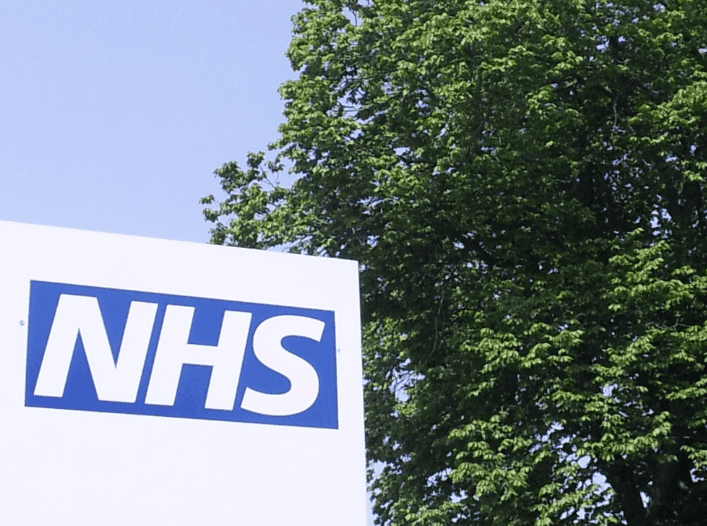
New support guidelines for NHS whistleblowers
pharmafile | February 12, 2015 | News story | Medical Communications, Sales and Marketing | CCG, Jeremy Hunt, NHS, comms, robert francis, whistleblowers
New guidelines to support NHS whistleblowers have been proposed by Sir Robert Francis QC – who led the inquiry into the Mid-Staffordshire hospital failings.
His ‘Freedom to Speak Up?’ report recommends appointing a guardian in every clinical commissioning group (CCG) to support staff, with a strong focus on assisting its junior members.
The barrister and Queen’s Counsel member used evidence from over 600 people’s experiences and the results from a 19,000-strong online survey to conduct his studies.
It was revealed that staff felt put off about speaking out with many fearing ‘victimisation’. His report also uncovered that others have faced being bullied or isolated, with some examples of whistleblowers feeling that their lives have been ruined.
Francis’ independent review proposes a new support scheme to help out-of-work NHS staff after publicly raising their concerns over patient care. Another recommendation is a national independent officer to help the appointed guardians when cases are going wrong.
UK health secretary Jeremy Hunt, who commissioned Francis to conduct the review, says: “If we don’t get the culture right we will never deliver the ambitions we have for the NHS. The message must go out today that we are calling time on bullying, intimidation and victimisation which has no place in our NHS.”
Hunt has promised to introduce the new legislations before the next general election to protect NHS whistleblowers. He adds: “The only way we will build an NHS with the highest standards is if doctors and nurses who have given their life to patient care always feel listened to if they speak out about patient care.”
Guidelines to create processes to make sure concerns are heard and investigated properly have also been called for in the independent report. Francis comments: “The evidence received by the review has confirmed that there is a serious issue within the NHS.
“Everyone in the NHS needs to support staff so they have the courage to do the right thing when they have concerns about patient safety. We need to get away from a culture of blame, and the fear that it generates, to one which celebrates openness and commitment to safety and improvement.”
He adds that the issue is not just about whistleblowing it is a fundamental patient safety problem that needs to be addressed.
NHS England’s chief executive, Simon Stevens responded to the report by saying: “As a nation we can rightly be proud of the fact that NHS care is now the safest it has ever been. But as I’ve sat down and listened hard to whistleblowers over the past year, it’s blindingly obvious that the NHS has been missing a huge opportunity to learn and improve the care we offer to patients and the way we treat our staff.
“These important proposals – particularly for a new national office of the whistleblower – will provide clear new safeguards and signal a decisive change in culture in every part of the health service.”
Tom Robinson
Related Content

NICE recommends migraine treatment for NHS use
The National Institute for Health and Care Excellence (NICE) has shared draft guidance recommending AbbVie’s …

Novo Nordisk launches Wegovy in the UK
Novo Nordisk has today announced that Wegovy (semaglutide injection) is now available in the UK …

Bristol Myers Squibb’s Sotyktu recommended for NHS use for adult patients with psoriasis
Bristol Myers Squibb (BMS) has announced that the National Institute for Health and Care Excellence …








